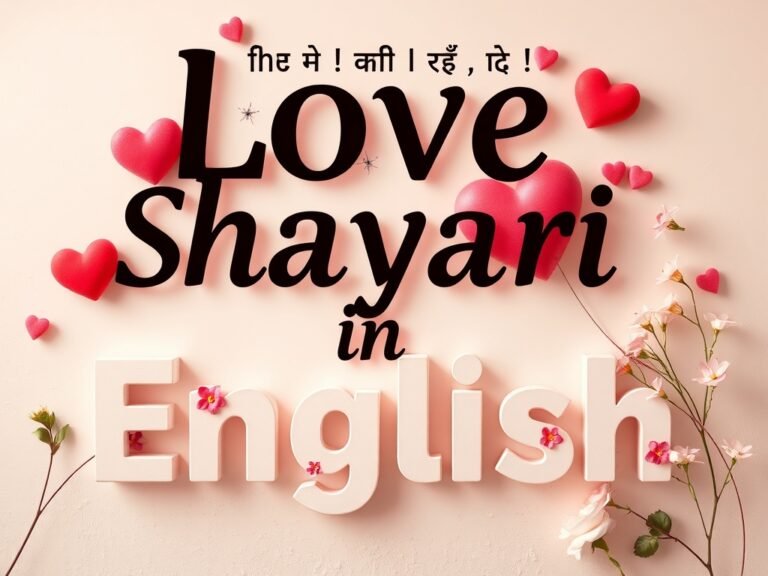
Introduction
The word “žižole” may seem unfamiliar to many, but it carries deep roots and significance in specific cultural contexts. Though the term itself is rare and might not appear frequently in everyday conversation, it holds a certain charm and intrigue that invites exploration. “Žižole” is a word with rich meanings and varied applications, especially within certain languages and folklore. Its importance stretches beyond just its linguistic definition, touching upon areas of art, symbolism, and cultural traditions.
In this article, we will delve into the origins, usage, and multifaceted importance of “žižole.” From its historical significance in specific cultures to its presence in various forms of artistic expression, the word offers a unique perspective on human communication and storytelling. Additionally, we will explore related keywords and concepts that help place “žižole” within a broader cultural and linguistic framework.
While you may not encounter this term often in mainstream media, its symbolic and cultural weight cannot be overlooked. Understanding “žižole” allows us to appreciate a fascinating aspect of human expression and the ways in which language intertwines with history and tradition. Let’s explore the different ways this word plays a role across various cultural landscapes.
What Does the Term Žižole Mean?

At its core, “žižole” is a word that originates from a language rich in culture and history. It holds meaning primarily in Slavic languages, particularly in the context of folk traditions. While its exact translation might differ depending on the region or dialect, it often relates to something lively, natural, or rooted in rural traditions. The term itself may carry nuances of simplicity, purity, or even a particular type of natural beauty that resonates with rural life.
In the context of folklore, “žižole” is often used to describe characters or symbols that embody a connection to nature or human authenticity. It could represent someone who is in tune with the earth, someone who lives by the rhythms of the seasons and the land. Alternatively, it might symbolize a simpler, unpretentious lifestyle, where life is lived in harmony with nature’s cycles.
The word’s rarity only adds to its mystique, making it a term that those who know it often cherish and pass down. Understanding the meaning of “žižole” involves delving into the traditions of the people who use it, uncovering the essence of their daily lives and how they perceive the world around them.
The Cultural Significance of Žižole
Beyond its linguistic implications, “žižole” has a rich cultural significance in regions where it is known. In many Slavic cultures, words like “žižole” are often linked to folk songs, oral traditions, and celebrations that celebrate the natural world and human connection to it. The word might appear in songs that celebrate harvest seasons, rituals associated with fertility, or stories that explain the relationship between humans and nature.
In such cultures, nature is often seen as something sacred, and people’s lives are woven into its cycles. The term “žižole” could be a reminder of this deep connection, a symbolic reference to the importance of staying grounded in the natural world. It evokes images of rural life, community gatherings, and a deep respect for the environment that sustains life.
Many times, words like “žižole” are used to describe the personification of nature—imagining the earth as a living, breathing entity that offers both challenges and rewards. In these settings, the word can be a symbol of vitality, representing the natural energy and strength that flows through both the land and the people who depend on it.
The Cultural Significance of Žižole
| Region/Context | Meaning | Usage | Cultural Significance |
|---|
| Czech and Slovak Languages | Informal term, often used as a nickname or affectionate term. | Used in folk contexts, potentially to describe playful or quirky individuals. | Symbolic of community, warmth, and folklore traditions. |
| Polish and Other Slavic Languages | Could refer to mythical creatures or spirits. | Appears in folk stories or songs, often symbolizing something mysterious or elusive. | Linked to Slavic folklore, embodying mystery and otherworldly figures. |
| Slavic Folklore | Often associated with wise elders, healers, or spiritual figures. | Represents figures who hold symbolic power in traditional stories. | Deeply tied to Slavic myths and storytelling traditions, holding cultural importance. |
| Modern Slavic Pop Culture | Reimagined as a symbol or character in contemporary settings. | Used in literature, music, or digital platforms to explore themes of mysticism. | Continues to influence Slavic youth culture, through memes or modern reinterpretations. |
| Comparative Global Context (e.g., Greek Mythology, Scandinavian Lore) | Represents mysterious or powerful figures, similar to fate figures or spirits. | Found in stories or art that deal with supernatural or unknown forces. | Reflects universal themes of destiny, the unknown, and human fascination with hidden realms |
Žižole in Folk Art and Literature
When we look at art, literature, and storytelling, “žižole” often takes on a more abstract or symbolic role. Artists, writers, and storytellers have long been inspired by the raw energy and beauty of nature, often using words like “žižole” to convey a sense of harmony or a deep connection with the land.
In folk art, especially within rural communities, depictions of nature are common. The imagery associated with “žižole” can include vivid representations of fields, trees, animals, and human figures working in tandem with the natural world. These works reflect the ideal of living in balance with nature, which is central to many folk traditions. Art, in these cases, serves as a celebration of simplicity and authenticity—values that “žižole” encapsulates in its meaning.
Similarly, in literature, the word might appear in stories or poems that evoke the beauty of rural life, the cycles of nature, or the emotional ties people have to the land they cultivate. The term can carry connotations of deep wisdom, passed down through generations, as it reflects an understanding of life’s fleeting nature and the importance of remaining connected to one’s roots.
Through these artistic expressions, the word “žižole” transcends its literal meaning, becoming a vehicle for conveying more profound emotional and philosophical ideas about life, nature, and humanity’s place within it.
Related Keywords and Their Connection to Žižole

To better understand “žižole,” it’s helpful to explore related terms and concepts that connect to it through their shared themes or cultural context. These keywords provide insight into the broader environment in which “žižole” exists, giving us a more rounded perspective.
- Slavic Folklore: Slavic folklore is rich with stories, symbols, and traditions that emphasize the connection between humans and nature. Terms like “žižole” are part of this folklore, representing aspects of life that are intertwined with the land and its cycles. Understanding folklore can help you appreciate the symbolism of the term and its role in preserving cultural heritage.
- Natural Beauty: Words like “natural beauty” or “earth’s vitality” are often used to describe the same concepts that “žižole” embodies. These terms are used to convey the intrinsic value found in the natural world, whether in its simplicity or its complex ecosystems. “Žižole” can be seen as a representation of this beauty, a celebration of life’s organic forms.
- Rural Life: Rural life is central to the understanding of “žižole.” It speaks to a lifestyle where individuals are closely connected to nature and the land. Understanding the values and traditions of rural communities can shed light on the cultural importance of terms like “žižole,” which reflect a lifestyle rooted in the land.
- Vitality: The idea of vitality is a key aspect of the word “žižole.” It represents life force, energy, and strength, often associated with the earth’s natural rhythms. The vitality of nature, as reflected in this word, serves as a reminder of the power and endurance that sustains all living things.
- Symbolism of Seasons: Many cultures that use terms like “žižole” place great emphasis on the changing seasons and their impact on life. The symbolism of the seasons is often reflected in language and art, providing a deeper connection to the world around us.
Conclusion
In conclusion, the word “žižole” may seem simple at first glance, but it carries a rich cultural and symbolic significance that reflects a deep connection to nature, rural life, and human vitality. Whether through folklore, art, or literature, “žižole” represents a profound understanding of the world—one where people are intertwined with the earth, and where nature is both a source of sustenance and a spiritual force. Understanding this term helps us appreciate not only the beauty of the natural world but also the timeless traditions that celebrate it.
By exploring “žižole,” we gain insight into a worldview that values simplicity, authenticity, and a life in harmony with nature’s rhythms. It serves as a reminder of the power of words to evoke powerful emotions, to capture the essence of human existence, and to preserve the beauty of our shared cultural heritage.
FAQs
1. What is the meaning of the term “žižole”?
The term “žižole” has cultural significance in Slavic languages and generally refers to concepts related to nature, rural life, and vitality. It embodies a connection to the land and simplicity in living.
2. How is “žižole” used in folk traditions?
In folk traditions, “žižole” is often used to describe figures or symbols that represent a harmonious relationship with nature. It can be found in songs, stories, and rituals that celebrate the earth’s cycles.
3. What role does “žižole” play in art and literature?
“Žižole” appears in art and literature as a symbol of nature’s vitality. It’s used to convey themes of life, vitality, and the natural world, often through folk art and storytelling.
4. Why is “žižole” considered a rare word?
“Žižole” is not widely used in everyday language, which makes it a rare and unique term. Its usage is often confined to specific cultural contexts, making it a term of significance in folk traditions.
5. How does “žižole” relate to rural life?
The term is closely tied to rural life, symbolizing a lifestyle rooted in the land and natural rhythms. It reflects a life lived in close connection with nature, often associated with farming and seasonal cycles.






